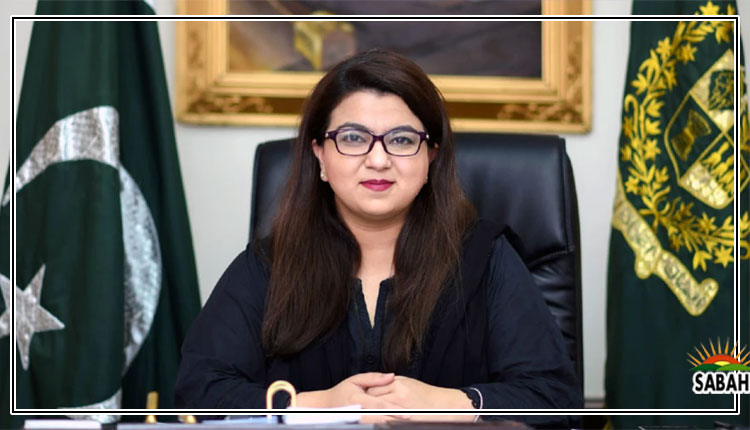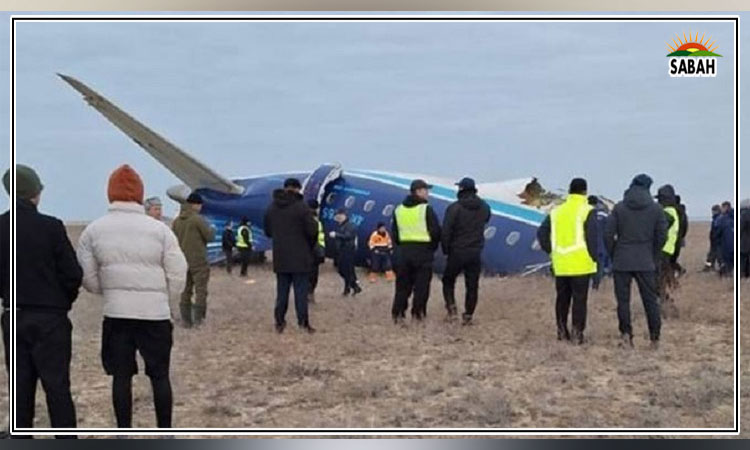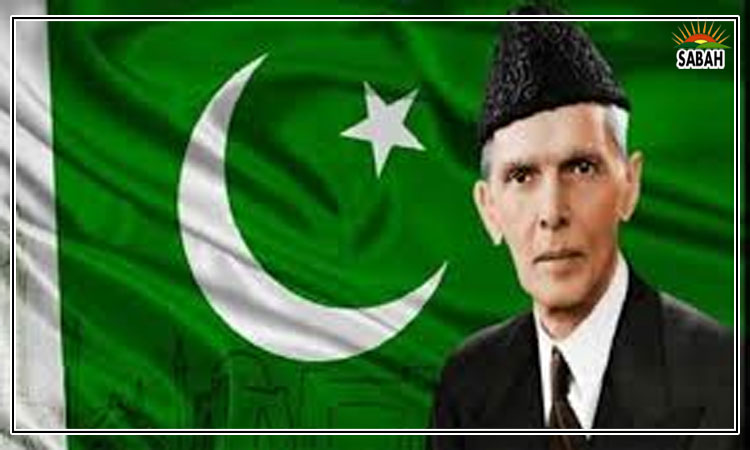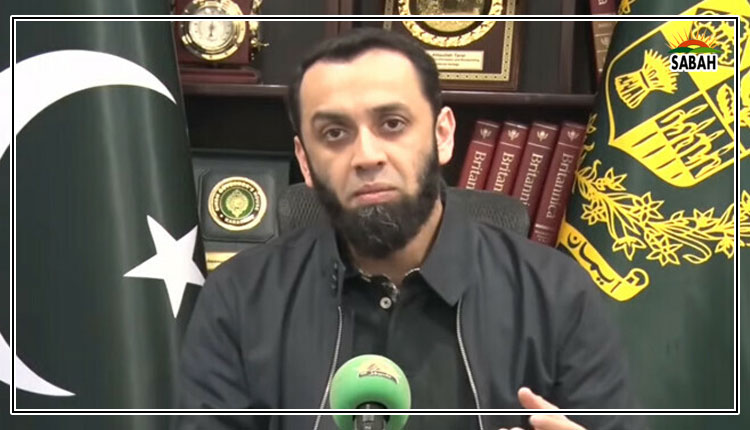Constitutional amendments: Part – III…Dr Naazir Mahmood
The sixth constitutional amendment passed in December 1976 made a mockery of the constitution. It allowed the chief justice of the Supreme Court and high courts to complete five- and four-year tenure even if they got past the superannuation age of 65 and 62 respectively.
This seemed strange as not long ago, the Bhutto government had deprived the judges of continuing their job after completing their four-year term as chief justice even if they were as young as just 55.
The sixth constitutional amendment allowed Justice Yaqoob Ali to continue working after the age of 65 on the pretext that he had not completed his term as the chief justice of Pakistan. Later General Zia removed him by overturning the amendment to appoint Justice Anwarul Haq his favourite so that he could get the decision he wanted.
Following the sixth amendment, Bhutto prematurely dissolved the assemblies in January 1977, hoping to catch the opposition unaware and unprepared for general elections. The March 1977 elections were controversial as the opposition the Pakistan National Alliance (PNA) accused the government of malpractices and rigging. Bhutto was undoubtedly a popular leader and could have won the elections even without indulging in a spree of unopposed victories. The right-wing PNA used religion as its rallying cry, and unfortunately some left-wing politicians also sided with the party that wanted to establish theocracy in the country.
After two months of mass agitation that the usual suspects tacitly approved and General Zia clandestinely supported, Bhutto introduced the seventh amendment in May 1977. It introduced a provision for a referendum because Bhutto did not want re-election after the opposition rejected the results of the March 1977 general elections. He wanted to hold a referendum so that people could once again demonstrate confidence in him; however, he could neither hold a referendum nor go for re-election as the army chief, General Zia, toppled his government in a bloodless coup on July 5, 1977.
The new military dictator who had violated the constitution and had promised to hold fresh elections within 90 days would soon start his own mutilations of the constitution. General Zia suspended the constitution and as chief martial law administrator (CMLA) started issuing orders that were in contravention to his promises and exposed his intentions of ruling the country for as long as possible.
First, General Zia arranged for a suitable court that could convict Bhutto for a murder he never committed. Then he hanged him in the dead of night and buried him without a single member of his immediate family allowed to attend the funeral, or visit his grave.
While General Zia held the constitution in abeyance for years, he kept issuing one martial-law order after another, targeting all those who demanded the restoration of democracy. He spent the next eight years as a self-appointed ruler of the country and used religion as his primary weapon to disguise his ambitions to remain a dictator forever. In December 1981, under the presidential order (PO 15 of 1981), he appointed the Majlis-e-Shoora (advisory council) that he filled with conservative and right-wing advisors who shared his vision of destroying democracy in the country.
The council met for the first time in January 1982 and gave the pretence of controlled and limited political activities. For eight long years, there were lashes and torture for political activists and even journalists. The Movement for the Restoration of Democracy (MRD) that Begum Nusrat Bhutto and Benazir Bhutto led posed a serious threat to the dictator. The military government crushed the movement with full force and General Zia kept issuing presidential ordinances to serve his purposes. Finally in 1984, he decided to hold a referendum to gain at least some concocted legitimacy for his unconstitutional rule.
While the constitution was still in abeyance, the referendum in December 1984 failed to attract voters. Still General Zia and his administration declared that the people of Pakistan had approved his programme and claimed to have acquired the mandate to continue with his plans to put the country on a more religious path he would remain president for the next five years. In the elections of February 1985, no political party could participate as they were non-party elections. The MRD could have asked its candidates to contest elections on an individual basis, but it opted to boycott.
Later, Benazir Bhutto regretted the decision and admitted that even in non-party elections the opposition should have participated. In March 1985, General Zia issued another presidential order (PO 14 of 1985) as the revival of the constitution order (RCO 1985) with which he made a large number of amendments in the constitution. This would later provide the backbone to the eight constitutional amendment.
The dictator appointed Muhammad Khan Junejo as the prime minister of Pakistan. Junejo had received a vote of confidence in the last week of March 1985. He reportedly threatened that if the bill did not go through, he would consider the possibility of dissolving the National Assembly and send everything packing once again. Most MNAs did not want to face that eventuality at the hand of the general. Then in August 1985, the situation on Independence Day also reinforced the supremacy of General Zia. He intimated that he would be taking the salute without the prime minister as according to the amended constitution only the head of the state had the entitlement to take the salute; the PM did not.
In September 1985, law and parliamentary affairs minister Iqbal Ahmad Khan tabled a draft bill which drew wide criticism both in and out of parliament. Ostensibly, the amendment aimed to bring about a balance of power but in fact it was to empower the president to dissolve the National Assembly, dismiss the prime minister and provincial governments, and order them to seek a fresh mandate. Besides changes in other articles in the constitution, the addition of Article 58 (2) b would have the most devastating consequences for democracy in the country.
The self-appointed president General Zia who had been critical of Bhuttos authoritarian rule had already misgoverned the country for eight years and now was bent upon acquiring discretionary powers to dissolve the National Assembly at will. The amendment bill did create some uproar within the National Assembly and the general began making efforts to hold meetings with a number of MNAs to chalk out some way forward. By October, the eight amendment was ready for approval; the constitution incorporated it in November 1985.
Then, the cabinet and other institutions all worked only at the sole discretion of the president General Ziaul Haq, who had already awarded himself repeated extensions as the army chief as well. Without the presidents permission the entire parliament would be in a state of paralysis. Even more consequential was a blanket approval of all actions under the martial law government since the July 1977 takeover. The eight amendment indemnified all the unconstitutional actions of the military dictatorship against democracy in the country. All ordinances and martial-law orders that the general had issued over the past eight years as well as all decisions of the military courts became legalized.
The Objectives Resolution also became part of the constitution. The amendment changed the system of government from parliamentary to presidential and the prime minister became subservient to the president. It minimized the status of parliament much in the same fashion as General Ayub Khan had done with his constitution of 1962 or General Musharraf would do in 2002.
To be continued
Courtesy The News












